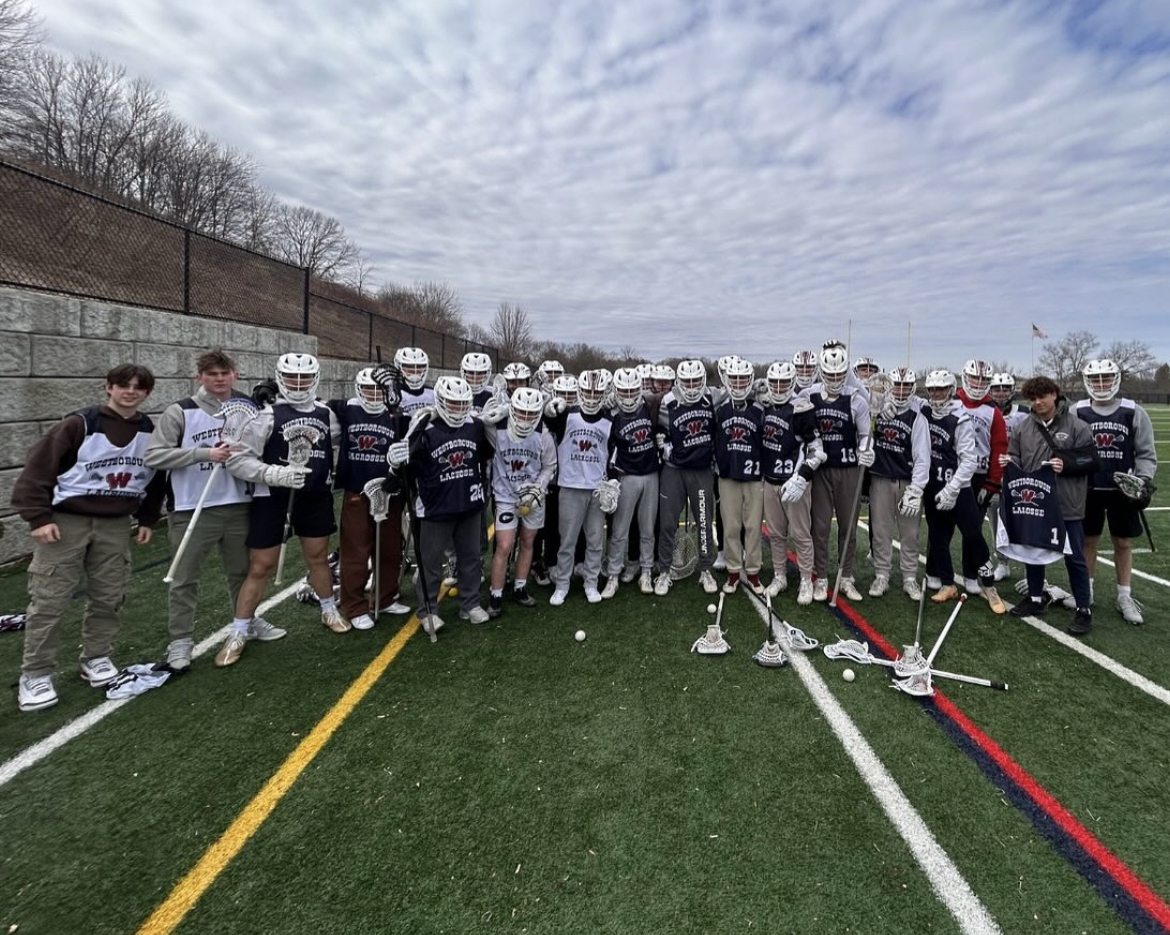By Jeff Arnold

Courtesy: Kathy Willens/ The Associated Press
We had seen this before. The Patriots play a solid, but not great game in the Super Bowl, somehow find themselves up and on the verge of capturing a fourth Brady-Belichick era title, only to have a miraculous catch from a lackluster wide receiver derail all of this and send all of New England into a seven-month long period of self-loathing and depression. When Jermaine Kearse miraculously came down with that ball with 1:05 left to go, the nightmare that was David Tyree’s helmet catch in Super Bowl XLII was thrust back into the memories of Patriots fans. All that was left were the finsihing touches on a remarkable comeback. You simply don’t lose after a play like that. The Seahawks repeat, Russell Wilson punches his ticket to the Hall of Fame, Marshawn Lynch eats his skittles, and Doug Baldwin gets to pretend to be relevant for another week…only none of that happened. Why? Because of the single worst play call in NFL history.
Ironically the same palyer who almost prevented the Kearse catch from happening is the one who ended up saving that game for the Patriots. If you were to have said before the game that Malcolm Butler would be the player to save the Patriots from another suffering heartbreaking defeat, I, along with the vast majority of Americans, would have laughed in your face and told you to stop making up players to mess with me. Despite this, in a secondary that consists of one Brandon Browner and Darrelle Revis, it was Butler who made the game saving play with his goal line interception of Russell Wilson. He made that play happen, he made a fantastic jump on the ball, and made a solid catch to put the game away. It was a right place, right time situation that he will be able to fall back on for the rest of his life. Now that I’ve given Butler all the credit for making a great play, let’s focus on what the real story of that play was: Pete Carroll’s shocking quick slant play call.
It’s not that the Seahawks threw the ball that makes his play call so bad. If you think about it, putting the ball in the air saves time and gives them three shots into the end zone while running would probably give them two, and the second of those two plays would be hectic (obviously the atrocious clock management in the final minute also played a role in somewhat forcing the hand of Carroll to have to throw the ball, but that’s a different story). The people who are saying now that the decision to not give Marshawn Lynch the ball and let him work his magic I don’t strongly disagree with but, like Lynch said post-game, it is a team game and I think that throwing it there was a good decision in terms of giving themselves the best chance to score there or have the clock stop and have two more shots at it. The issue now of course is that it was the placement of the throw that made it such a terrible decision on Carroll’s part. If you’re going to throw it, you cannot by any means throw it over the middle. Why? Well, there are several reasons:
1. The most obvious answer is that, even with the Patriots stacking the box, there is still only a small margin for error. If Wilson misses behind or in front of the his target it’s a pick and the games over.
2. Look at the Seahawks’ receiving core and just realize how bad it is. Doug Baldwin and Jermaine Kearse, probably the two best receivers on that team, are still not very good on a larger scale. Ricardo Lockette, Wilson’s target on the play, is not very good on any scale. Despite what Carroll and coaches in general might say regarding being able to trust your receivers to make plays, as a fan and a general observer, there is no reason to trust Baldwin, Kearse, and especially Lockette to gain inside position and thus virtually eliminate any chance of a jumped route.
3.Russell Wilson is only 5’10,” small by NFL standards. As height goes down, the risk of quick passes over the middle rises considerably with every inch. That ball can get batted down or tipped up into the air and intercepted. It’s just such an unnecessary risk especially in a big moment.
4. Going back to the receiver point, pretend that somehow the ball is caught short of the goal line and Lockette gets popped by a safety trying to make a game saving play. If this hit does not prompt any sort of targeting penalty then you have an injured player trying to get to the sideline that wastes time and either runs down a considerable amount of time or causes Seattle to use their final timeout. Is this extremely unlikely? Yes, but still. It’s a very real risk considering the situation and one that,again, is not worth it.
So, if you’re going to throw the ball and cannot throw it over the middle, what’s the right call? Probably something to the sideline or back of the end zone. A quick out or fade would work and the best target would be Kearse, Baldwin, or Lynch who, despite looking like a strict power back, has surprisingly good hands. The fact that none of this went through Pete Carroll’s head, or it did and he ignored it, is one of the greatest head-scratchers in sports history.
Now here we are, four days after the Super Bowl and the focus still lies on that play. For Seattle they question Pete Carroll’s decision while begrudgingly not giving Malcolm Butler his due. For New England fans they acknowledge the bad decision but still point out how great a play was made to win that game. What New England fans fail to see is that if Butler drops that ball and the Seahawks score, Tom Brady’s legacy is damaged again. Instead of winning four Super Bowls, he is only .500 and a loser of three in a row. He is the player who can bring his team there but can’t finish. He is remembered for the series of atrocious throws throughout the game and his two interceptions, instead of a game-winning drive. That’s not necessarily the way it should be, but it’s the way it is. We are obsessed with numbers and, despite it being a small difference, going 3-3 instead of 4-2 is a big change especially considering that the early to mid 2000s teams did not rely on him as heavily as the two, almost three, loss teams did. One play that he had nothing to do with saved his legacy.






